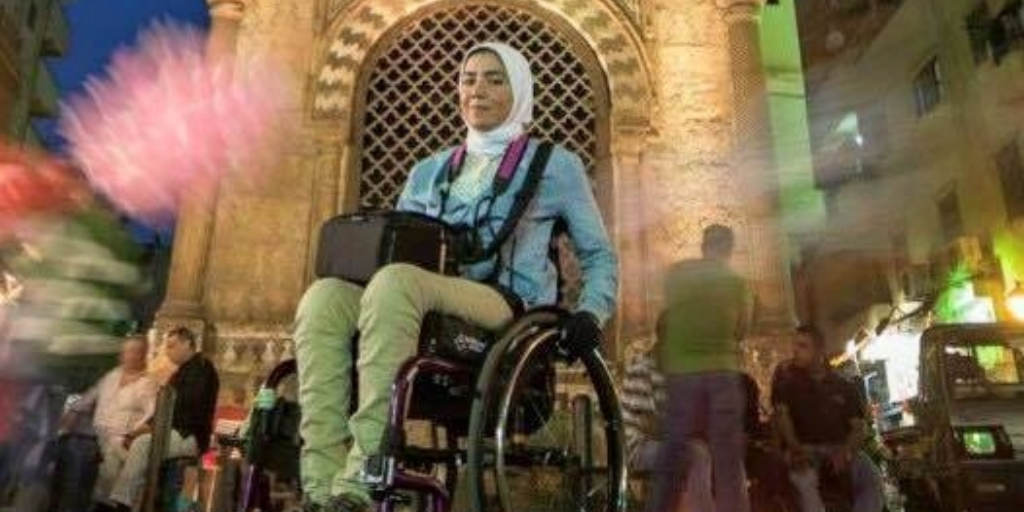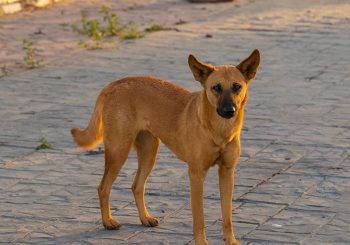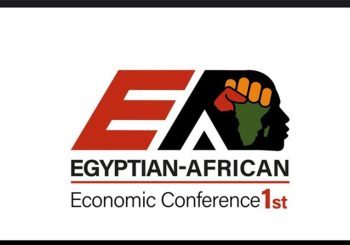By Rana Kamaly, BECAUSE
Try walking on any of Egypt’s badly maintained sidewalks. If you are anything other than a physically ‘perfect’ human specimen you will definitely find it challenging. Now imagine doing the same in a wheelchair. This is just one out of the innumerable situations that a person with disabilities faces every day: and Alhassan Foundation for Differently Abled Inclusion tries to help. Their work addresses everyday practical and social needs of persons with disabilities.
Alhassan Foundation was founded three years ago when founder May Zein El Dein’s son Hassan had an accident that left his mobility dependent on a wheelchair. She was shocked at the lack of provision for persons with disabilities, so she wanted to do something, Farah Heiba, Business Development coordinator explained.
“Our project seeks inclusion for wheelers, we seek to make them proactive and effective in society. We like investing in people that invest in themselves, who have the will to work despite the obstacles … We have a wide range of services so we can serve anyone,” Heiba says. So far they are helping almost 1000 wheelers in Egypt, she explained. 75% of their organization is staffed by wheelchair users.
Alhassan Foundation is only three years old, but already they have numerous projects that aim to guide and help ‘wheelers’—wheelchair users—from the moment they first need a wheelchair. They work across information, practical and professional help, as well as the emotionally painful transition from being fully able-bodied to being in a wheelchair.
The help also extends to parents, who don’t initially know how to deal with a differently-abled child. “[So we] dedicated a project specially for kids on wheels. We offer support groups and sessions and we try to put parents in touch with other parents who are active and have led a successful life with their kids.” One success story is fourteen year-old Malak, an international swimming champion whose mother learned to encourage her to reach high.
Whether for adults or children “… we try to teach them how do deal and act in their daily life,” says Heiba. The project, done in collaboration with the Ministry of Technology and Information, will be released soon and includes the short videos made on moving around independently with a wheelchair, such as moving from the bed to the chair. It will add to the work of their publication “Life on Wheels.”
Fatma Ali, a teacher and wheelchair user explained that wheelchairs can feel overwhelming at first, so Alhassan Foundation tries to provide lighter and more manoeuvrable chairs. “I have always felt like the chair was riding me not the other way around,” said Ali, who received a custom chair with help from the Foundation.
The Foundation works with German manufacturers who produce bendable, light, high-tech chairs customized to each individual. The costs, which range between EGP 25-35000, are shared between the Foundation and the individual, depending on how much they can contribute. Because the costs are so high, the Foundation can only provide some. Heiba explained that their sponsorship criteria for the chairs prioritizes “… active members of the society.”
This activity is what the Foundation supports, from professional and business training programs to sports clubs at Al Ahly Bank Club in Mohandiseen (take just one look at their Facebook page to see just how active that can get). University graduates are supported in seeking work in an accessible workplace, but as most of the people who come to the Foundation do not have a university education, they also kickstart small to medium enterprises. For this, the businessperson needs to submit a detailed proposal, for example a supermarket. If the plan is accepted, the Foundation contributes to the shop’s supplies and provides business advice for the initial months. “It’s important to know that we don’t give money to anyone, we give them supplies, products and so on,” says Heiba.
Outside of these opportunities, the Foundation also thinks outside the box. When Fatma Wares had an accident and took to a wheelchair, and she really didn’t know what to do, says Heiba. “We sat with her and after some brainstorming she said she can crochet, so we developed her skills, helped her market the products and now she is selling in Dubai and expanding her team.”
Visibility of persons with disabilities, their issues and strengths, is important to the Foundation. Through sessions by accredited teachers they provide disability equality training in different companies, schools, universities etc. They also conduct many of their meetings in public areas, bringing a different image of wheelchair users to a society with many stereotypes.
“Society lacks any type of awareness, and the wheeler is raised in a society that tells him you cant do it. What we try to spread is the fact that these people are differently abled not disabled, because they can do everything, but differently,” Heiba says.
Alhassan is not the only key player in the field, and they collaborate with disabilities NGO Helm for work readiness training. “We try to see what other NGOs are not doing and fill in the gaps, so we can all complete each other someday.”
Alhassan Foundation’s information hub is the first project in Egypt that focuses on information about wheelers, a detailed biographical database of those using wheelchairs in the country. Such a resource can help them and other NGOs target their support.
The Foundation currently works in Cairo but aims to expand to Alexandria and South Egypt. They also want to expand the groups of people they work with, to provide for all types of disability. “But we want to excel in each phase first,” says Heiba.
“People think we are a charity, but we are a developmental entity,” Heiba continues. “We don’t give money, we try to enhance the wheeler’s living standards through helping him with everything physiologically, physically, and financially. We try to fill in the gaps in their lives.”







Comment (1)
[…] accès pour les personnes à mobilité réduite sont souvent utilisés comme espaces de rangement. La fondation Alhassan, créée il y a trois ans, œuvre pour l’amélioration du quotidien des personnes en fauteuils […]